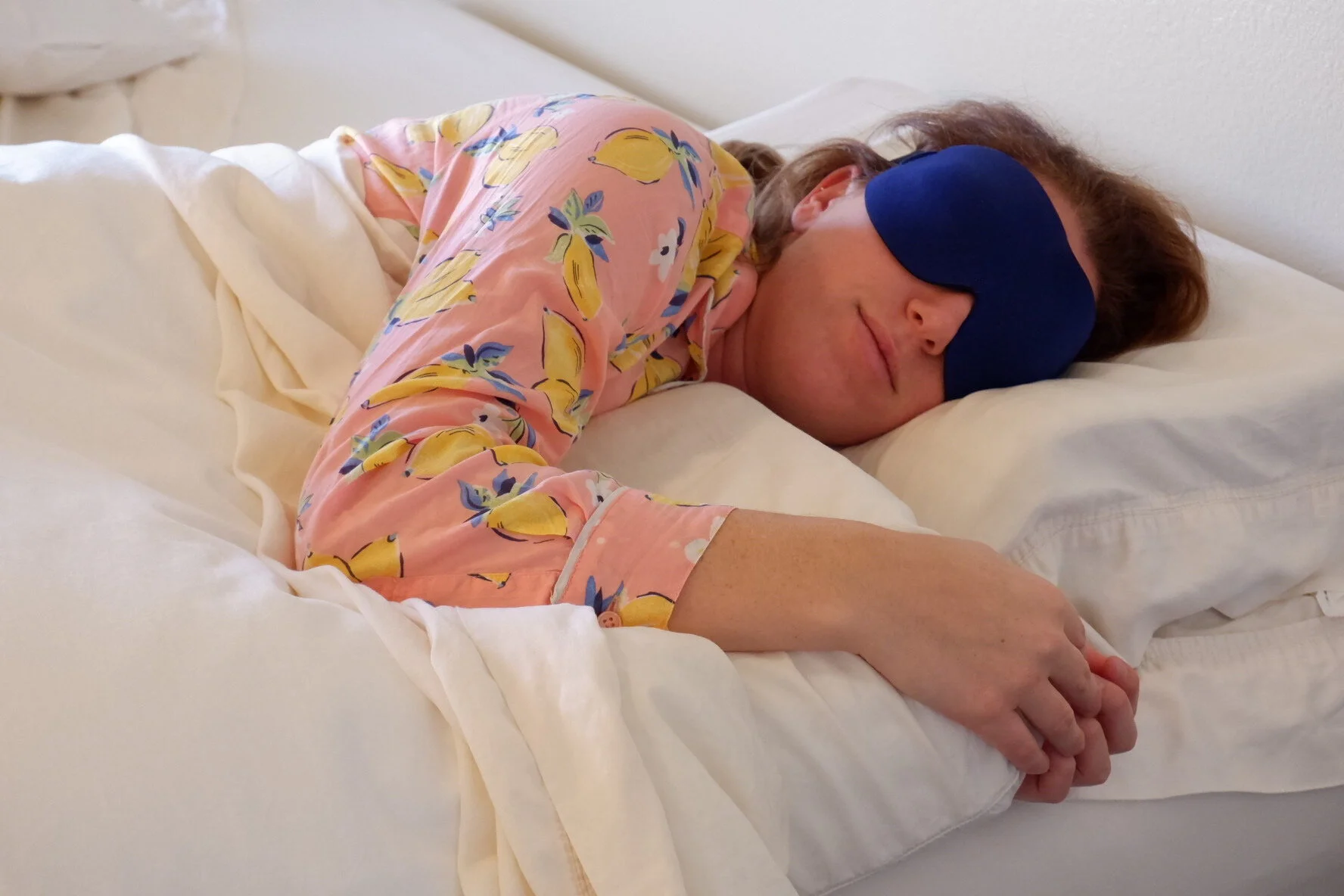Fall-ing Asleep
Did you know research suggests that athletes have lower quality and quantity of sleep than non-athletes?
Why might this be?
According to the NCAA, collegiate athletes’ social and physical environments are not conducive to obtain restorative sleep due to the 27-40+ hours dedicated to athletics, additionally to academics, travel, mandatory meetings, mealtimes, socializing and other factors that leave insufficient time to sleep.
Sleep deprivation can negatively affect
Athletic performance
Carbohydrate metabolism (can decrease glucose utilization, increase stress hormone, cortisol, and decrease growth hormone and testosterone)
Protein synthesis (changes in hormones can impair muscle recovery)
Inflammation and immunity
Appetite and food intake
Mood, cognition, learning, memory, pain perception
Sleep can be enhanced through good sleep hygiene and nutritional interventions.
What does good sleep hygiene mean?
Establish a regular sleep schedule, as possible, including weekends and when traveling
Establish a consistent bedtime routine
Use bright light during the day and dim lights at night to regulate your sleep/wake cycle
Unplug from electronics (iPhones, videogames, TV) 30-60 minutes prior to bed as these are mentally stimulating and emit blue light that decrease melatonin production (hormone that facilitates sleep)
Keep bedroom cool (60-67°F) and dark
Avoid caffeine (e.g., coffee, energy drinks, soda, tea) at least 6 hours before bedtime
Limit or avoid alcohol and nicotine (a stimulant) close to bedtime
Avoid consuming excessive food (including spicy and fried food) and liquids at night as these may disrupt sleep throughout the night with increased trips to the bathroom
Have a comfortable mattress and pillow as well as clean sheets
Nutritional Interventions:
High GI foods such as white rice, pasta, bread, and potatoes may promote sleep; however, they should be consumed more than 1 hour before bedtime
Diets high in carbohydrate may result in shorter sleep latencies (the amount of time it takes you to fall asleep)
Diets high in protein may result in improved sleep quality
Diets high in fat may negatively influence total sleep time
When total caloric intake is decreased, sleep quality may be disturbed
Small doses of tryptophan (1 g) may improve both sleep latency and sleep quality. This can be achieved by consuming ~ 300 g (10.5 oz.) of turkey or ~200 g (7 oz.)
Melatonin and foods that have a high melatonin concentration (e.g. tart cherries) may decrease sleep onset time
Reference: Halson SL. Sleep in elite athletes and nutritional interventions to enhance sleep. Sports Med, 2014.
While research is limited, micronutrients may play a role in sleep. Iron, zinc and magnesium have shown a positive association with sleep duration. Thus, identifying and correcting these micronutrient deficiencies may result in improvements in sleep.
Do naps help?
Naps can be beneficial for athletes who have to routinely wake early for training and have another training session in the afternoon/evening. Evidence shows a brief 30-minute nap can increase alertness and performance and decrease sleepiness.
How much sleep do I need per night?
Children-School-Aged (6-13 yrs): 9-11 hours
Teenagers (14-17 yrs): 8-10 hours
Adults (18+ yrs): 7-9 hours
Reference: National Sleep Foundation’s Sleep Duration Recommendations
Sleep is critical for an athlete’s health and athletic performance. If you are experiencing compromised sleep, reach out to your doctor. For any nutritional concerns contact a dietitian.

